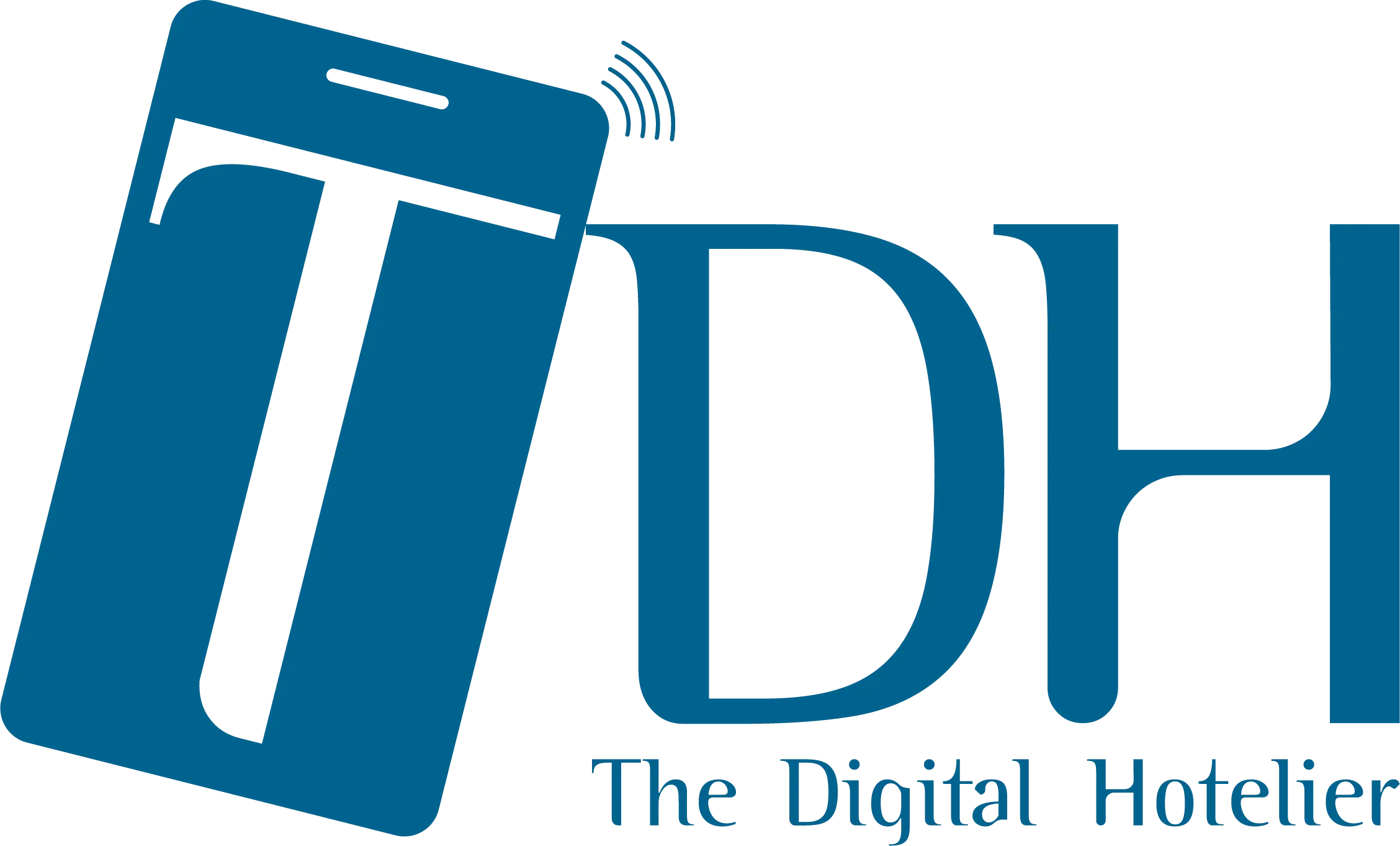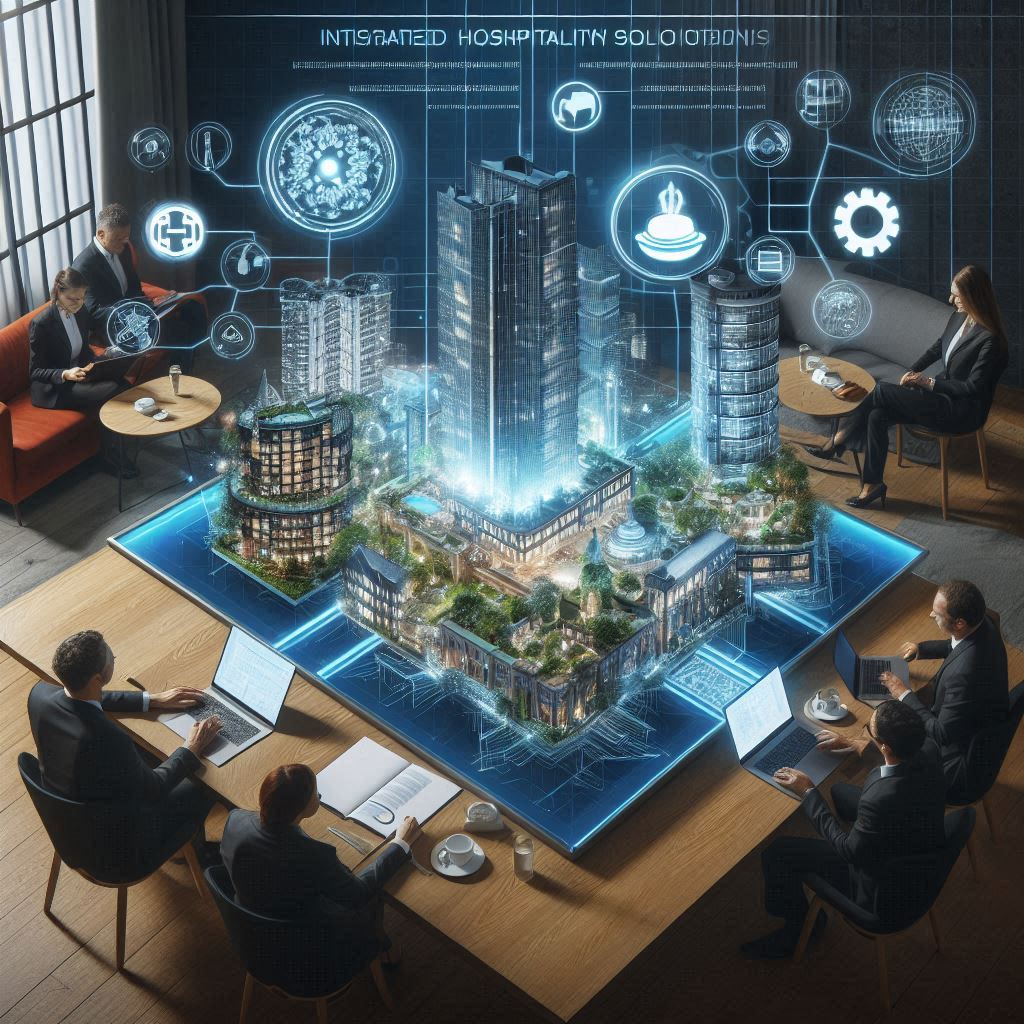In today’s hospitality industry, technology is no longer a luxury—it’s a necessity for delivering exceptional guest experiences and staying competitive. The rise of tech stacks has allowed hoteliers to move beyond outdated legacy systems, fueling digital transformation and operational efficiency. However, the debate remains: Should hotels rely on point solutions to solve specific issues, or invest in an integrated hospitality solutions like guest experience platforms that unifies operations?
Let’s explore both approaches to help you determine the best fit for your property.
Point hospitality Solutions: Solving Specific Problems
Point solutions are standalone tools designed to address a single operational need. For example, a property management system (PMS) might handle reservations, while a restaurant POS system focuses on billing. Point hospitality solutions are ideal for hotels looking for specialized functionality to fix specific issues.
Advantages of Point Solutions
- Specialized Functionality: Best-in-class tools that excel in their niche, such as housekeeping management or mobile check-ins.
- Budget Flexibility: Smaller properties can adopt tools gradually, aligning with financial constraints.
- Quick Implementation: Easily deployable to tackle immediate problems without overhauling the entire system.
Challenges of Point Solutions
- Fragmented Systems: Multiple tools lead to disparate processes and data silos, reducing efficiency.
- Complex IT Management: Juggling contracts, updates, and integrations becomes a logistical headache.
- Employee Fatigue: Switching between numerous platforms lowers productivity and user adoption.
- Security Risks: Each tool increases entry points for potential cybersecurity breaches.
Integrated Solutions: A Unified Approach
An integrated hospitality guest experience platform offers a holistic solution, managing multiple operations—like check-ins, dining, housekeeping, and guest communications—under one system. It is designed to streamline workflows and enhance both employee and guest satisfaction.
Advantages of Integrated hospitality Solutions
- Seamless Collaboration: Eliminates silos by consolidating operations into a single platform.
- Operational Efficiency: One provider handles IT maintenance, updates, and scalability, reducing costs over time.
- Enhanced Guest Experience: Centralized data enables personalized services and quicker responses.
- Data Security: Fewer entry points for attackers ensure better protection of guest and hotel information.
- Employee Productivity: With fewer systems to learn and use, employees focus more on delivering great service.
Flexibility and Scalability
Integrated platforms grow with your property, offering customizable features to meet unique needs. Whether adjusting to changing guest expectations or scaling up operations, integrated systems provide a future-proof solution.
The Problem with Oversized Tech Stacks
Tech stacks have undeniably transformed the hospitality industry by enabling digital transformation. However, when used without strategic oversight, they can become a double-edged sword. Over-reliance on point solutions leads to overlapping functionalities, fragmented data, and rising operational costs. This can harm your bottom line and impact guest satisfaction.
Instead of adopting every new tool, hoteliers must think strategically. Opt for systems that align with long-term goals and minimize disruptions. While point solutions might solve immediate problems, their limitations often become apparent as properties expand or diversify services.
Why Hospitality Solutions like Guest Experience Platforms Are the Future
A hospitality guest experience platform combines the specialized functionality of point solutions with the cohesion of integrated systems. These platforms emphasize both operational excellence and guest-centricity. By providing a unified interface, such platforms eliminate the pain points of juggling disparate tools and ensure consistent service delivery.
Key Features of Guest Experience Platforms
- Centralized Data: Full visibility into guest preferences and operational performance.
- Personalized Experiences: Enable tailored services like custom room setups or dining suggestions.
- Streamlined Workflows: Boost employee efficiency by unifying tools for check-ins, room service, and communication.
- Scalability: Easily adapts to evolving guest needs and market demands.
Making the Right Choice for Your Hotel
When deciding between point hospitality solutions and integrated systems, ask yourself:
- What are my operational priorities? If you need a quick fix, a point solution might work. But for long-term efficiency, an integrated solution is often better.
- How much can I manage? If managing multiple tools feels overwhelming, consider consolidating with a guest experience platform.
- What are my future goals? For scalability and personalization, integrated solutions are better equipped to support growth.
The Bottom Line
Point solutions and integrated systems each have their place in the hospitality industry. Point solutions are effective for targeted needs, but they can lead to inefficiencies and redundancies as operations scale. On the other hand, integrated hospitality guest experience platforms offer the agility, scalability, and cohesion needed to stay competitive in a fast-changing industry.
Invest in hospitality solutions that align with your long-term vision. By carefully evaluating your needs and selecting the right platform, you can improve operational efficiency, elevate guest satisfaction, and secure your place in the future of hospitality.

